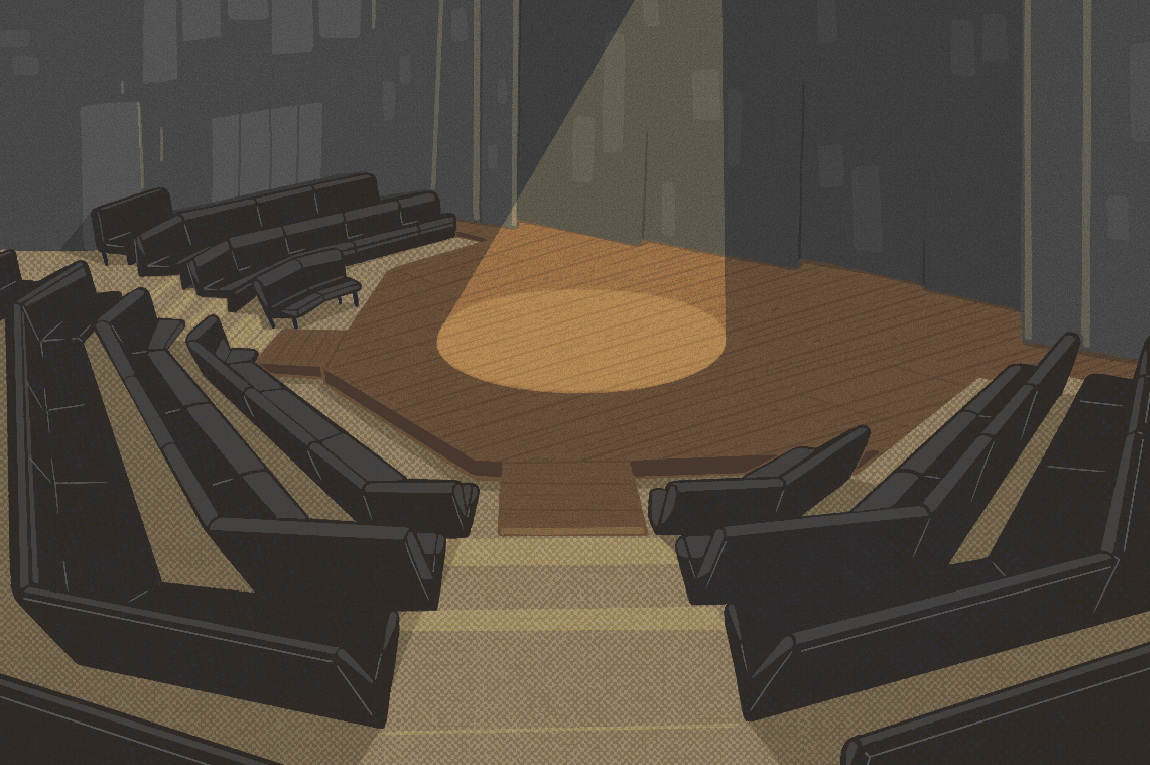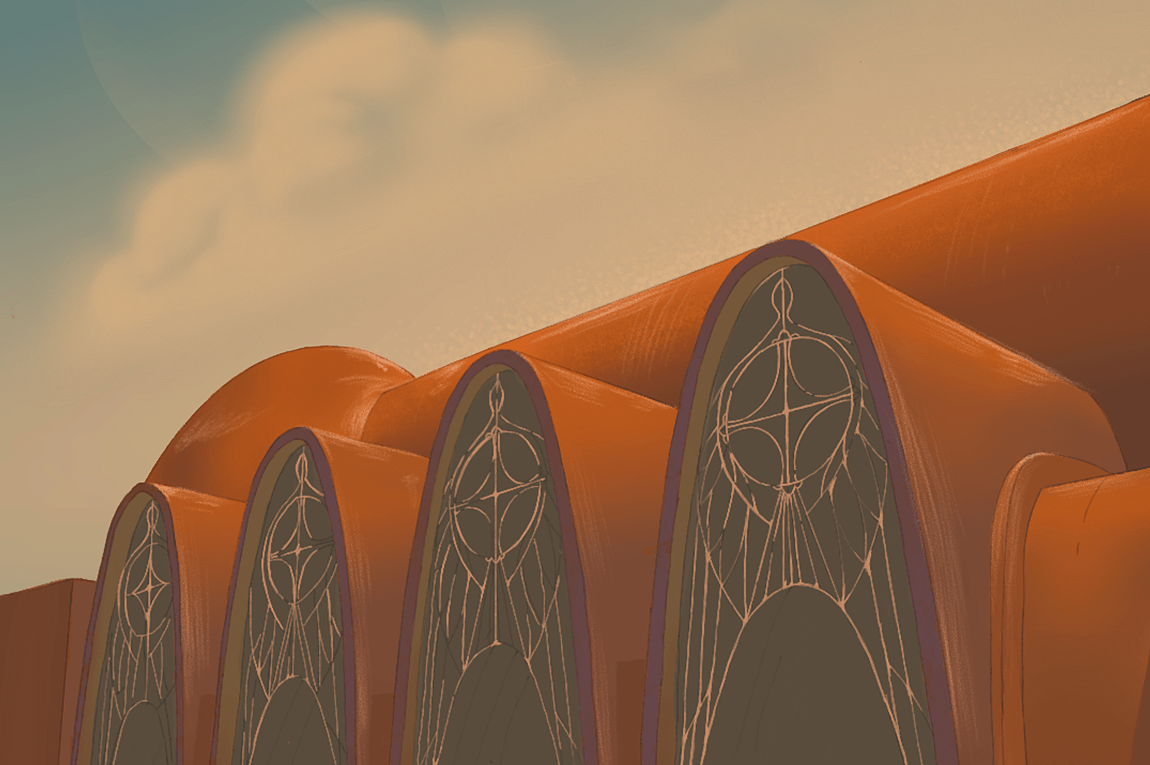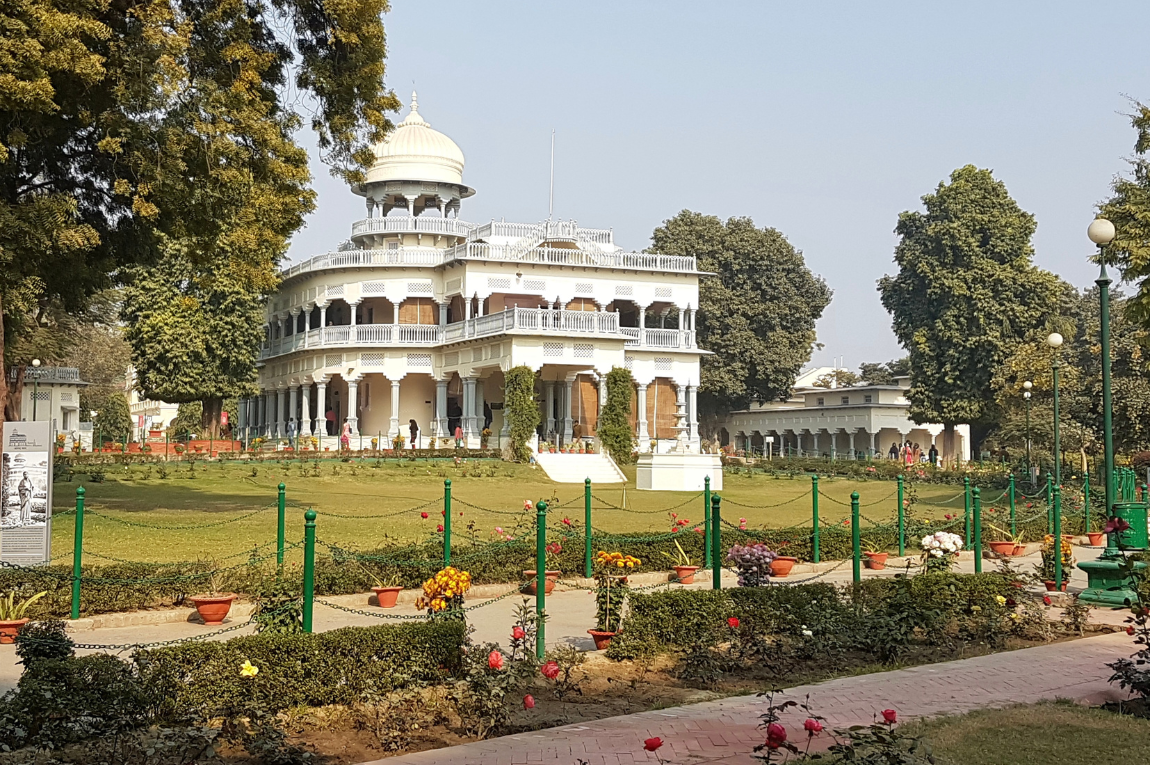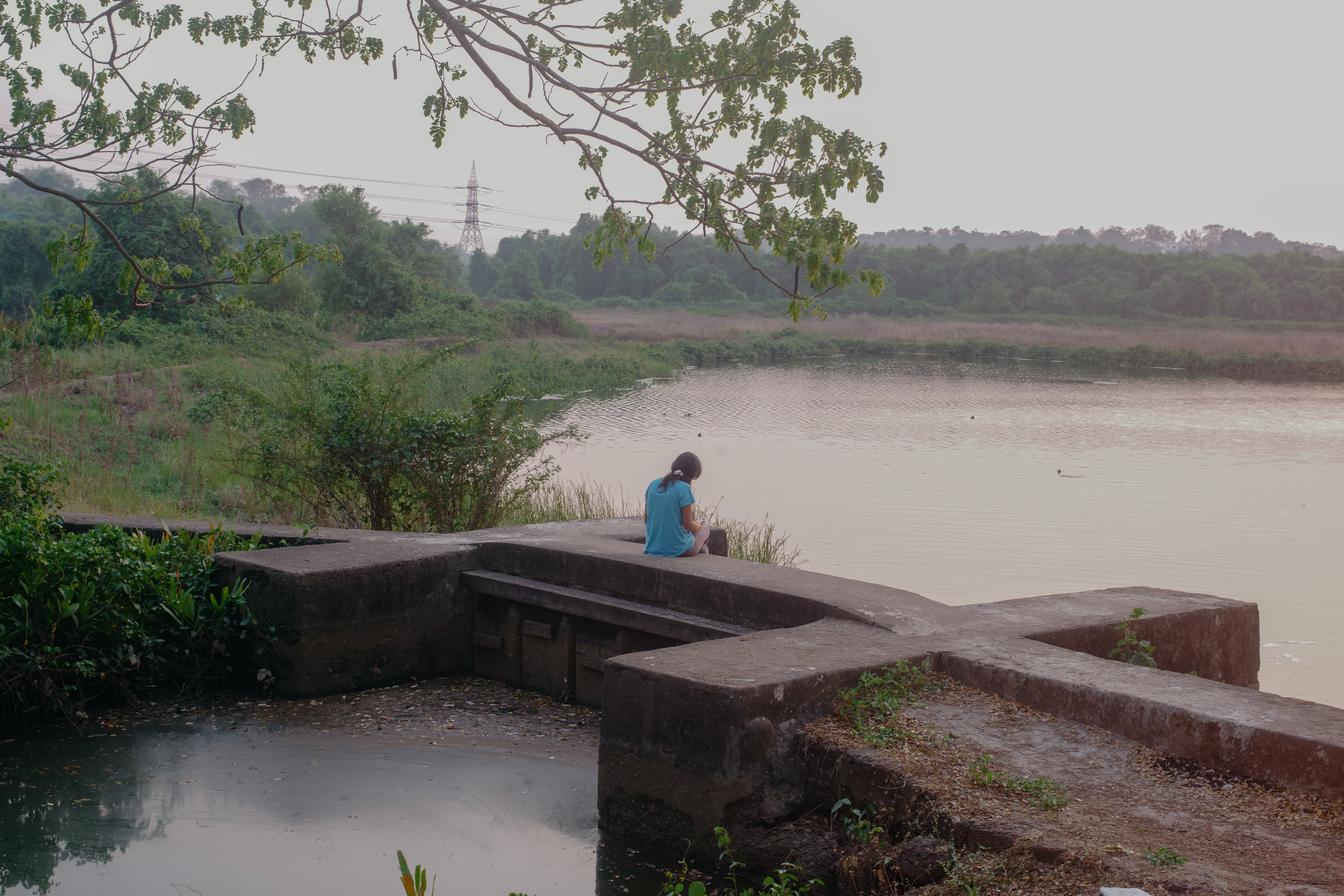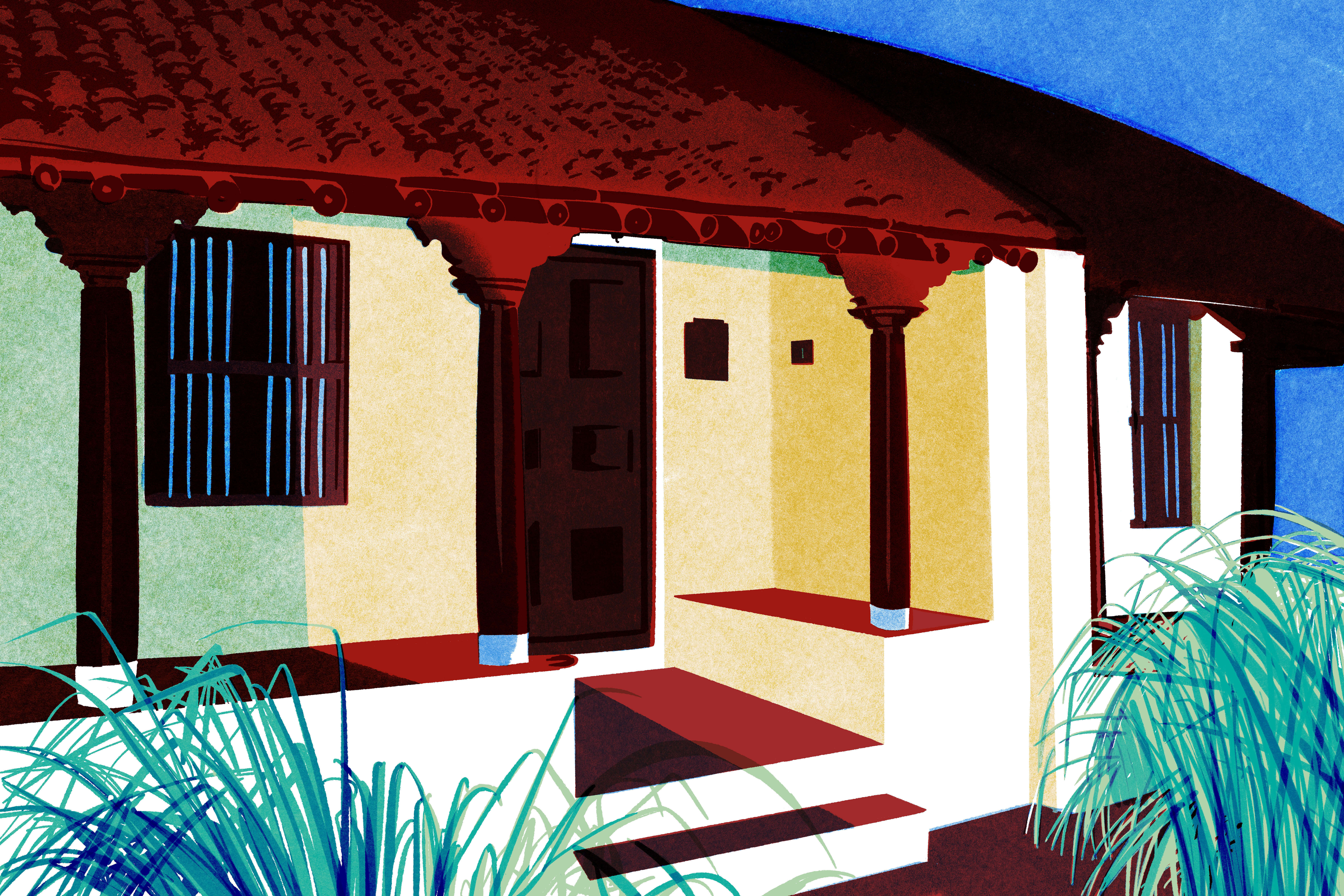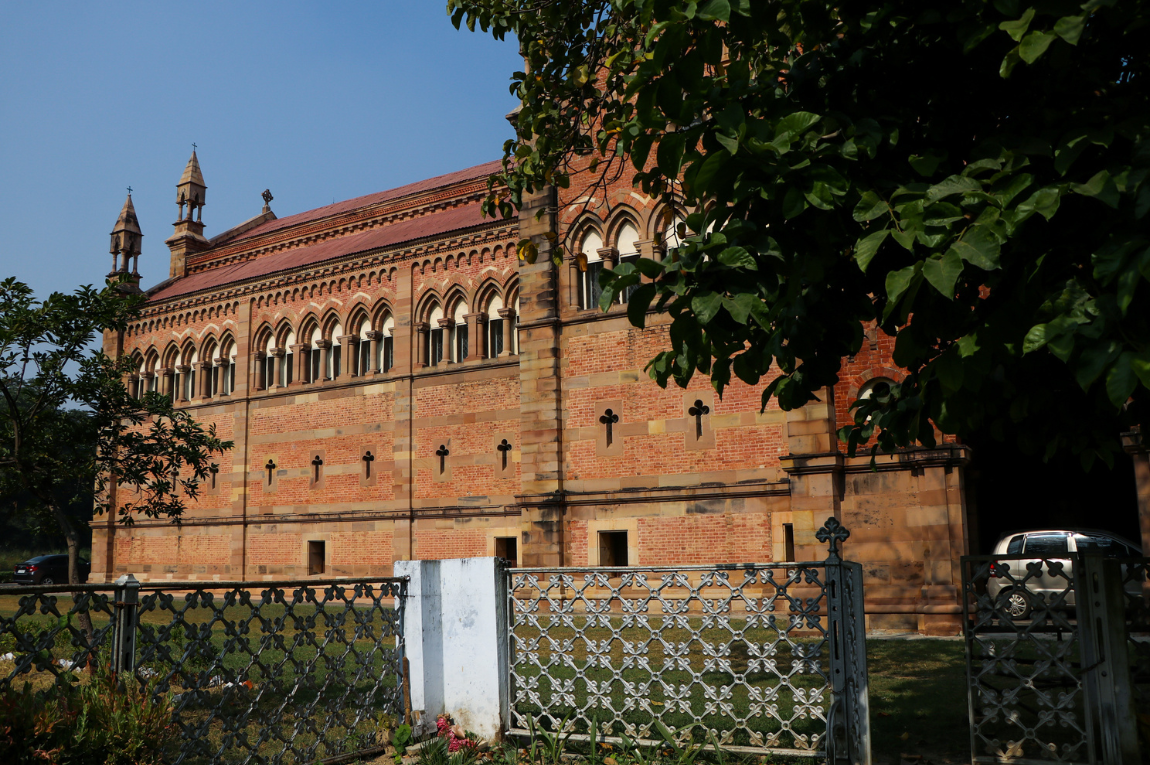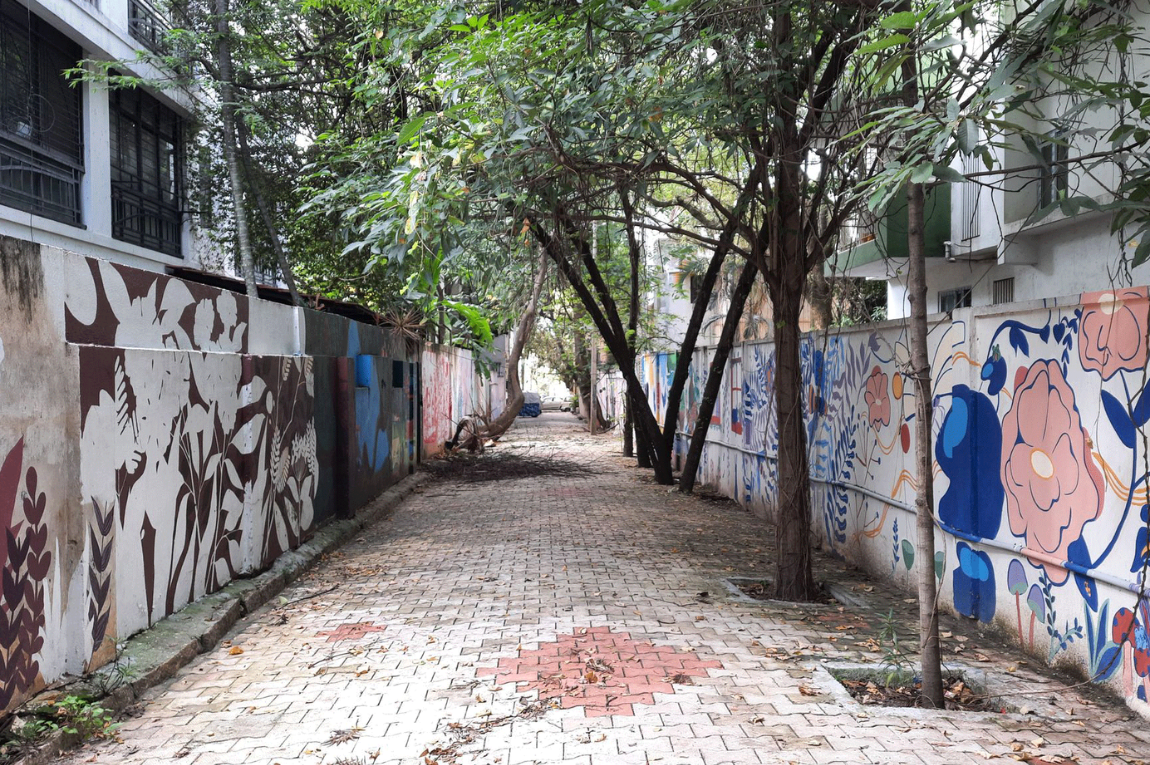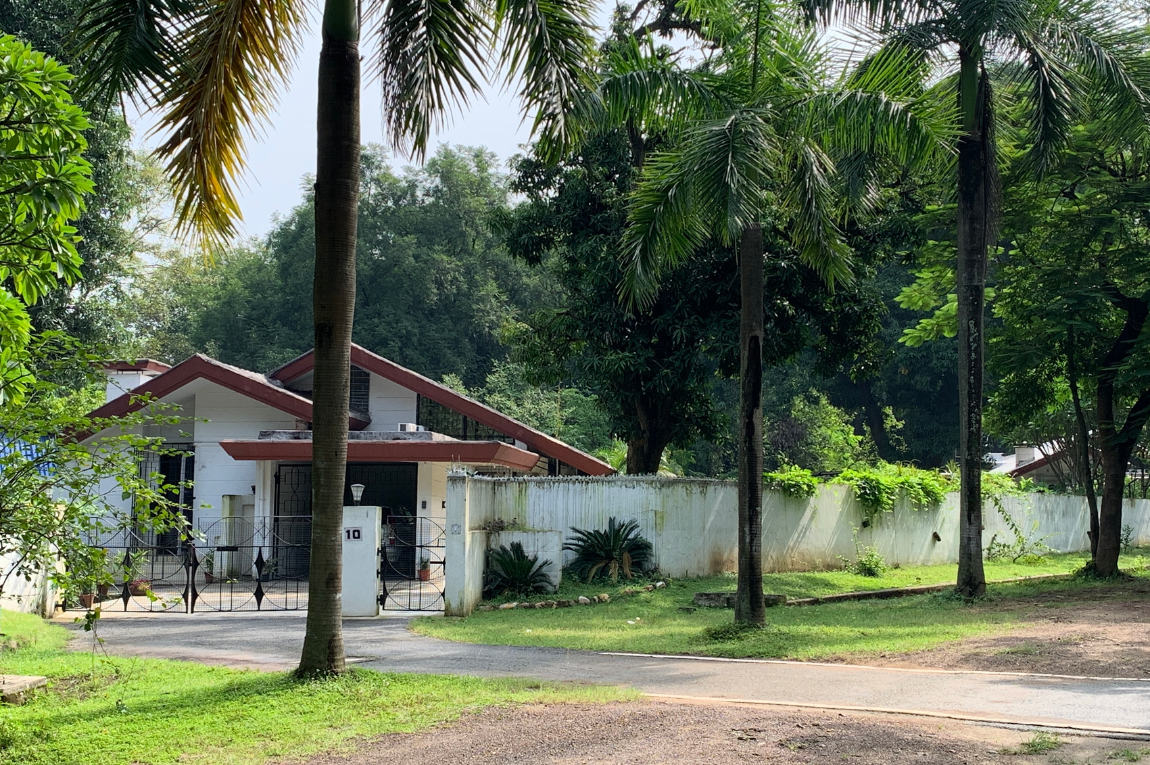In the past, before my first book was published, I would often torment myself with thoughts of my slowness. My thirties seemed to be hurtling past, with little to show for them. I pictured the thrills of a fulfilled existence as a great torrent, which I seemed to be observing from a distance, laggardly on the shore. I was not slothful or devoid of ideas, just slow at their execution — and seemingly slowest of all at the one thing I thought I might be able to achieve, the completion of a novel.
I know that this is not an uncommon feeling. People often reach for a deadline, a significant birthday, a glimmering target that ought to spur them on to set up that business, make that film, start a family: to get on in earnest with the business of truly inhabiting a life.
An inner voice, firm and sensible, might tell you to banish these thoughts, that there’s plenty of time, that you just need to keep plugging away at your own pace. But it often gets drowned out. Today, even after having a second book published, I spend unconscionable amounts of time fretting about the books I’m not writing, the research I’m not doing, the titles of potential stories that drift untethered in my mind. A different inner voice asks, ‘why are you so slow?’
A few months ago I stumbled across the Abramović method, a series of exercises designed by the artist Marina Abramović, famed for her controversial and challenging performance art. The exercises use breath, motion and stillness to improve concentration and ‘be present in both time and space’: in other words, to revel in slowness. I’m not generally a huge fan of performance artists. The ones I have seen in pubs and clubs have tended to take their clothes off and shout, which for many of us is not that dissimilar to the end of a bad date. But Abramović’s projects have always seemed to be layered, complex and testing, in a way that make them irresistible.
I thought I’d give her method a go. One exercise involves holding a glass of water, concentrating on its shape and temperature, and then taking tiny sips, over a period of ten to twenty minutes. It was easier than I thought it would be and I did experience a sense of calm, of the world falling away. But towards the end I had the distinct impression that I was drinking a glass of my own saliva, which effectively undid the calm.
For a second exercise, Abramović asks you to write your name gradually on a piece of paper, dragging your pencil point across the page at a finger-numbingly slow pace, taking an hour to complete the task. This exercise nearly broke me. And it also broke the pencil point. After fifteen minutes, my back hurt and my eyes were watering. Five minutes later, I felt little surges of panic. After another five minutes, I thought I was losing my mind. A third exercise involved counting grains of rice for sixteen hours. No chance.
It’s easy to draw on this failed attempt in order to poke fun at this kind of strategy to inculcate an intense concentration, a visceral slowness. But clearly, many of us do need a strategy. It just might not involve rice. A few days later I stumbled on a book called ‘Several short sentences about writing’ by Verlyn Klinkenborg. Apart from that knockout name, I also spotted the following, on the first page that I looked at: ‘Imagine it this way — one by one, each sentence takes the stage. It says the very thing it comes into existence to say. Then it leaves the stage.’
I found this advice strangely liberating: not to think about great narrative arcs, pages of text, the burden of some unknowable piece of work.
I put it to the test by writing a couple of sentences a day, without any clear idea of a greater project, but a determination to take pleasure in whatever was growing, however gradually. At the end of the week there was a paragraph; at the end of the month, there would be a page. It doesn’t have a predetermined direction or an end in sight. It gives me an unfamiliar satisfaction.
And I have begun to wonder if this is advice that could be applied to other areas too. To picture the passage of life as a modest stage, little tasks and achievements appearing on it to show themselves exactly as they are, before exiting and making room for the next one. A slow and steady accretion of small acts carried out to the best of our ability is so much less daunting and enlarges something within us, crowding out the space normally occupied by anxiety and self-pity. With the greatest of respect to Marina Abramović, in the future I’ll be focusing on this simple metaphor — and writing my name in the couple of seconds that it usually takes.
Mahesh Rao is the author of The Smoke is Rising and One Point Two Billion. His next novel, Polite Society, will be published in August 2018. He tweets and is on Instagram as @mraozing.
Tell us what you think? Drop us a line.




